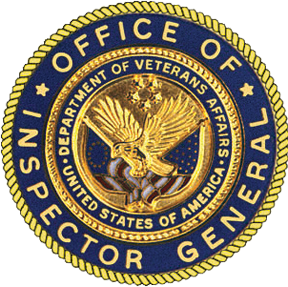The System Director evaluates and determines any additional reasons for noncompliance and ensures leaders follow their defined governance structure.
The Chief of Staff determines any additional reasons for noncompliance and ensures leaders use service-specific criteria in the Ongoing Professional Practice Evaluations of licensed independent practitioners.
The Chief of Staff determines any additional reasons for noncompliance and ensures service chiefs maintain Ongoing Professional Practice Evaluation data in licensed independent practitioners’ privileging folders.
The Chief of Staff evaluates and determines any additional reasons for noncompliance and ensures practitioners with equivalent specialized training and similar privileges complete professional practice evaluations of licensed independent practitioners.
The Chief of Staff evaluates and determines any additional reasons for noncompliance and ensures the Executive Committee of the Medical Staff reviews the service chiefs’ recommendations along with clinical competence information when making privileging recommendations for licensed independent practitioners.
The System Director determines any additional reasons for noncompliance and ensures staff maintain a clean and safe environment.
